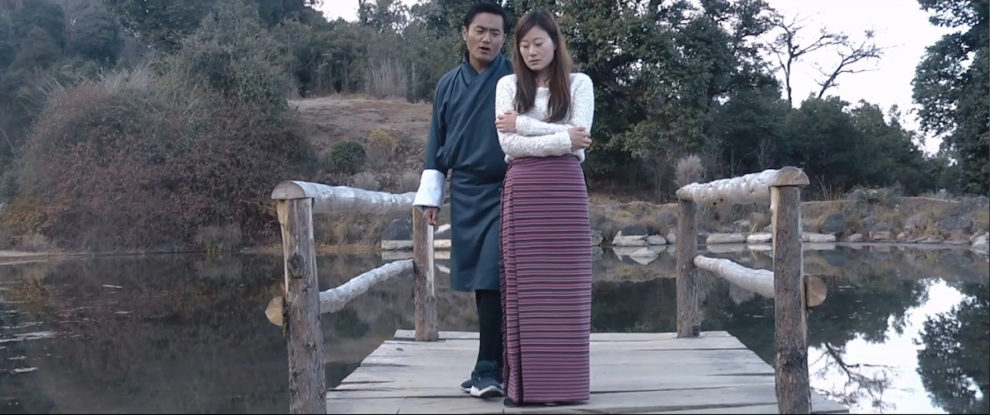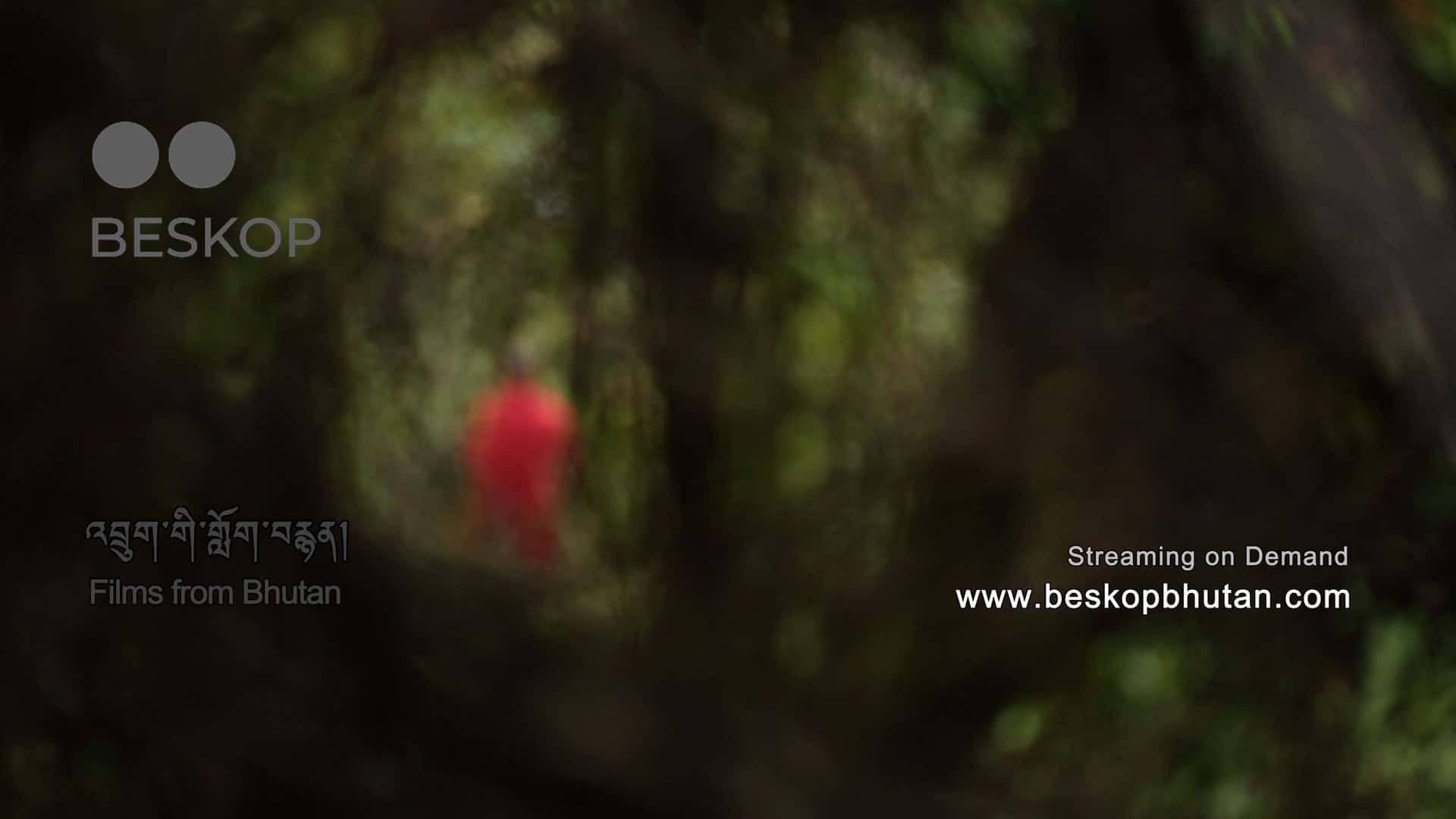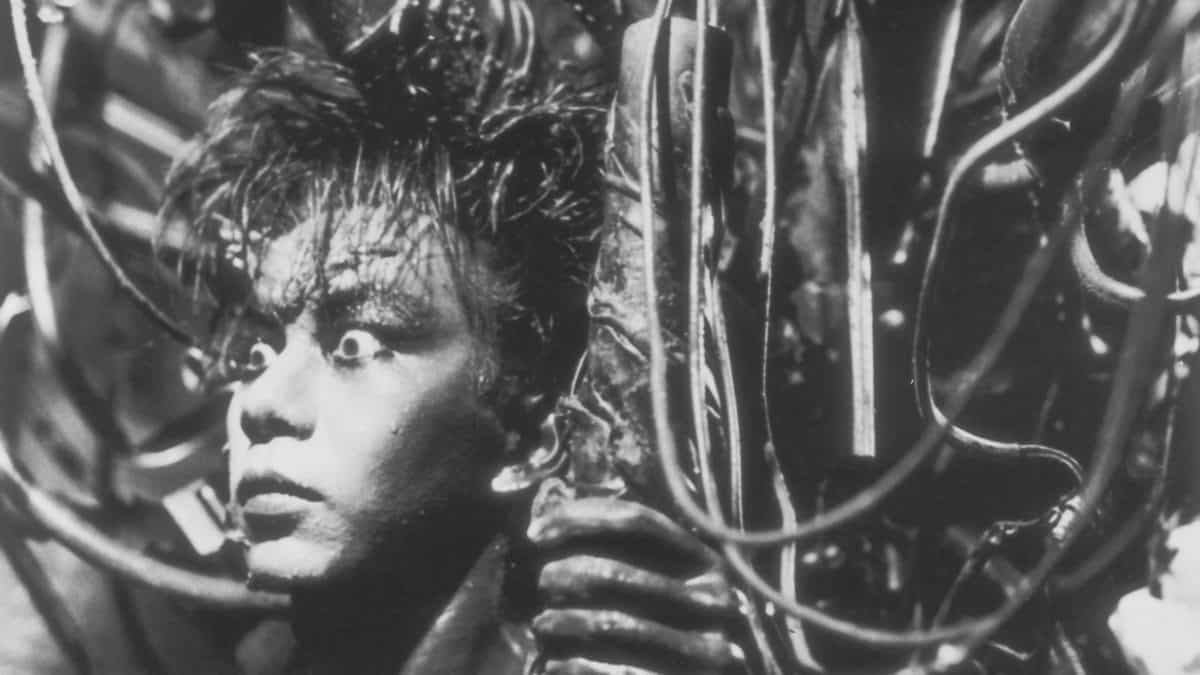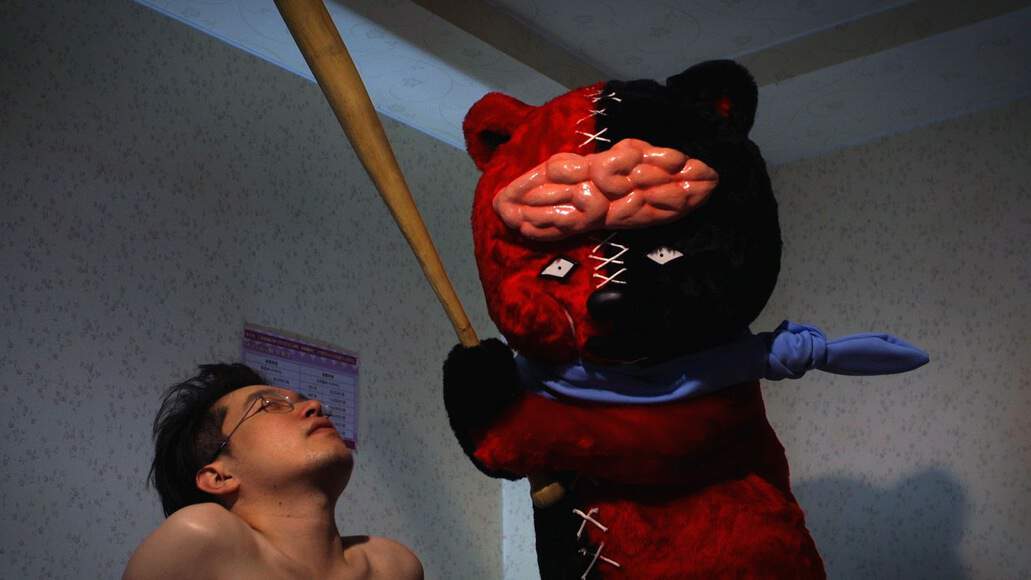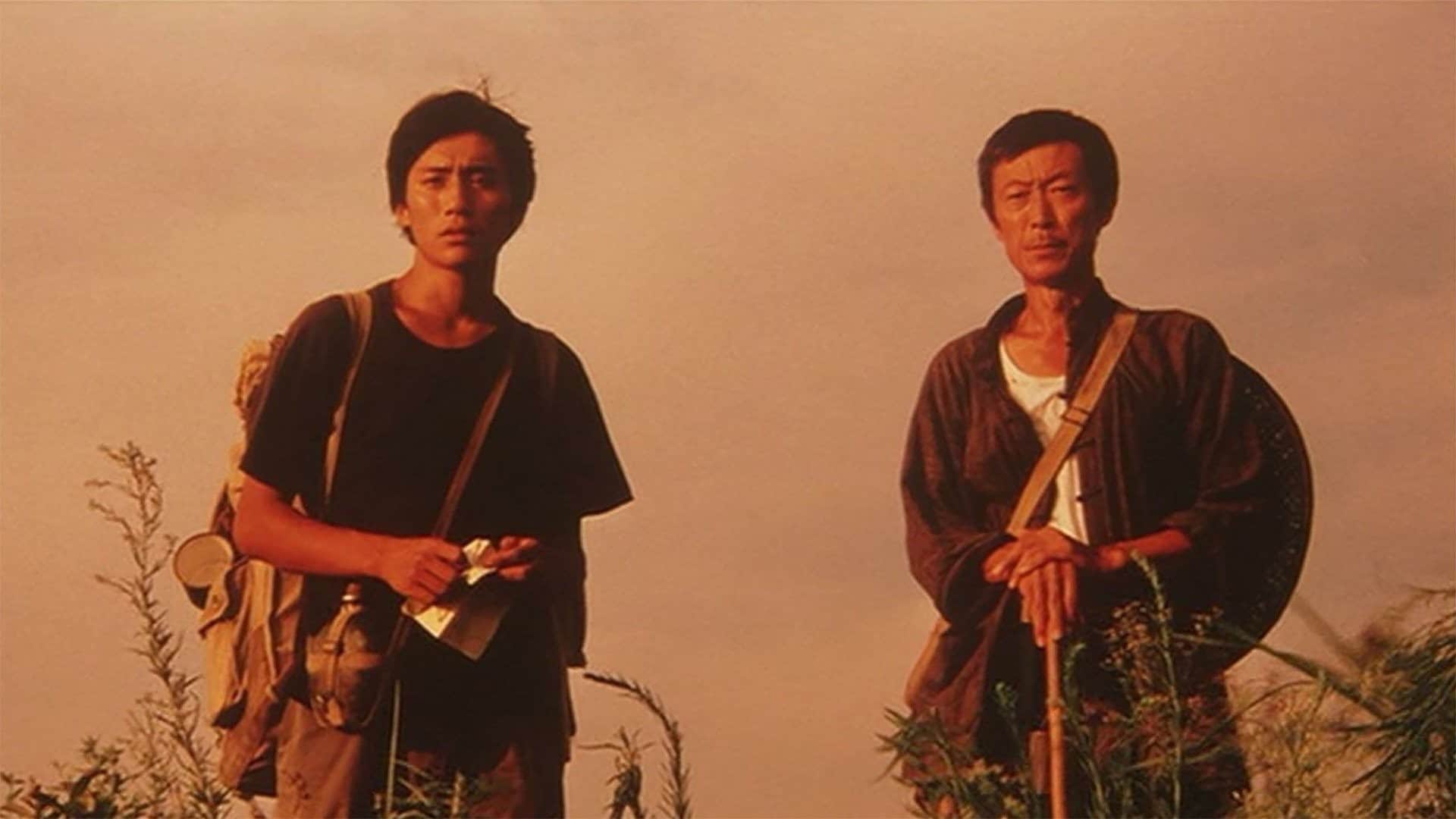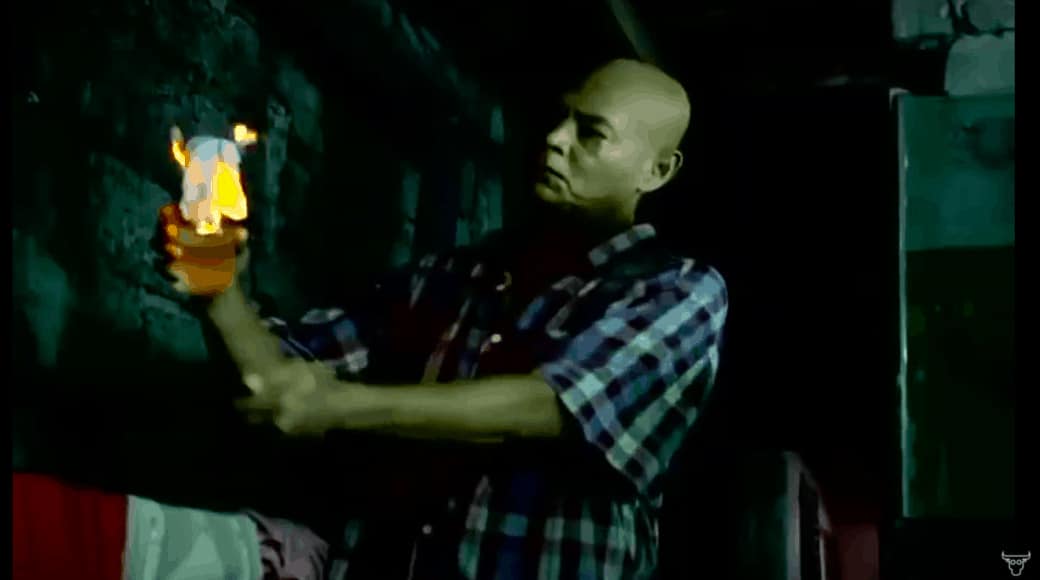It is not every day that one can stumble upon a Bhutanese remake of a Hollywood film, but that is exactly what “Lencha” offers, transferring Sam Wheat's classic “Ghost” to Bhutan, through an approach that shares many similarities with Bollywood.
Teenager Samaya was sent to study abroad by her rich grandfather, after her parents and brother were killed in a terrible accident. As the story begins, the well-educated, beautiful woman returns home, and immediately resumes her friendship with her two childhood friends, Sonam and Mindu. However, both of them are quite fond of her, and a rather playful “competition” for Samaya's heart begins. The winner, with her grandfather's intervention, is Sonam, and the two youths begin a relationship, to Mindu's growing frustration and envy. Despite some issues having to do with Samaya having grew up in urban settings and Sonam essentially being a country-bumpkin, their relationship blossoms.
That is until Sonam is killed in a random robbery, with Samaya having to deal with yet another tragedy. Inevitably, she turns to Mindu, although reluctantly, but Sonam finds himself in the ghost plain, not ready to enter bardo, wishing to communicate with his loved one last time. To do so, he utilizes a local medium everyone considers a croak, only to find out the shocking truth.
To begin with, the film offers a view of contemporary Bhutan, not very frequently portrayed in local films, including the Paro International Airport, which I am not sure if it has been depicted on cinema before. As such, the film emerges as rather interesting from the beginning.
The narrative follows a humoristic, occasionally even flimsical approach, particularly through the competition of the two men, which becomes even hilarious on occasion, as in the first visit of the trio to a temple. This approach continues even when Sonam dies, with his interactions with the psychic and various other spirits being also quite funny.
Jamyang Dorji tones down this approach, however, with a number of comments, which mostly revolve around the clash between the modern West and Bhutanese tradition, the old and the new generations, and the rural with the urban, although the focus is definitely on entertainment than in social commentary.
After the revelation, “Lencha” also exhibits some elements of thriller and drama, although the general lightness remains for the most part. The Bollywood aspect derives from the singing and dancing “interruptions”, whose number and duration however, is not significant enough to become tiresome, while it definitely highlights the chemistry of the two star protagonists, Deki Lhamo as Samaya and Tshering Phuntso as Sonam.
And talking about the two protagonists, both Jamyang Dorji and DP Jigme T. Tenzing, invest heavily on their evident charisma, while the camera definitely seems to adore Lhamo, who is quite beautiful. Tandin Wangchuk as Mindu is also quite good, both as the flimsical friend and later on, with the acting in general being on a very fitting level.
The editing allows the movie to move in a rather fast pace that suits the occasionally episodic narrative, while the various, different locations are presented beautifully through Tenzing's work.
Granted, the film is quite generic on occasion, the story somewhat naive, particularly in the sequences featuring the spirits, and the music video-like breaks would seem a bit off to western audiences. However, in the end, “Lencha” emerges as a rather interesting and entertaining spectacle, particularly due to the presentation of a side of Bhutan rarely depicted on screen, and the charisma of its protagonists.


